#marian seldes
Explore tagged Tumblr posts
Text

Marian Seldes, referring to Anne Sexton in Anne Sexton: A Biography
4K notes
·
View notes
Text
"Witch-like, dramatic, intense."
Marian Seldes, referring to Anne Sexton featured in “Anne Sexton: A Biography,”
54 notes
·
View notes
Text



👁️👄👁️💧
Vincent Price and Marian Seldes - Half Hour To Kill; Freedom to Get Lost (1958)
#vincent price#freedom to get lost#half hour to kill#vintage tv#kiss#the way he grabs her arms at the end...those goddamn hands...#sir!#god id let him wreck my internal organs#just saying#bicon#bisexual#so tall so broad so bisexual#unf#horror#old horror movies#vintage#movie#actor#handsome#gif#gifs made by me#gifs#my gifs#gif set#marian seldes
58 notes
·
View notes
Text

“When I would tell students to look at people, I knew it was hard for them to remember. They were young and starting their lives. They were going to see things and dating and having adventures. Fine, I would tell them, but look at everything. In every situation, including those in which you have a part. Actors need to be—and usually become—so sensitive to emotions that they can tell when someone is lying. To them or to others. A sort of extrasensory perception arises, and I’ve seen people on the bus or on the street, and I almost feel that I know just what they’re thinking and going through. I remember going to see Patti LuPone in The Woods. [A play by David Mamet that was done at Second Stage in 1982, where Marian saw it.] I had worked with Patti so much, and I had so much respect for her, and even as I felt I could see how she applied so much to her part, I was still not prepared for the effect it had on me.
Patti has an ability to allow us to feel that we have witnessed an emotional autopsy on her. She is unafraid to just expose herself, and in that play she was both angry and distorted by this emotion, and then resplendent in her love and joy. I felt at one point that I was witnessing her having a real orgasm on that stage, and perhaps I was witnessing her memory of pure ecstasy, which she pushed out from her being. I have always loved how Patti looks, but there was a moment in that play in which she became resplendent. It was like she had a dozen light bulbs inside of her, and they all switched on at the same time. I’m not going to ask Patti what she was thinking, what she was applying, but I will never forget that performance."
--Marian Seldes on Patti LuPone
(Follies of God)
32 notes
·
View notes
Text
So hard to give a shit sometimes.

—Bette Davis to Marian Seldes, 1978
Ph Victor Skrebneski
8 notes
·
View notes
Text


Mona Lisa Smile (2003)
3 notes
·
View notes
Text
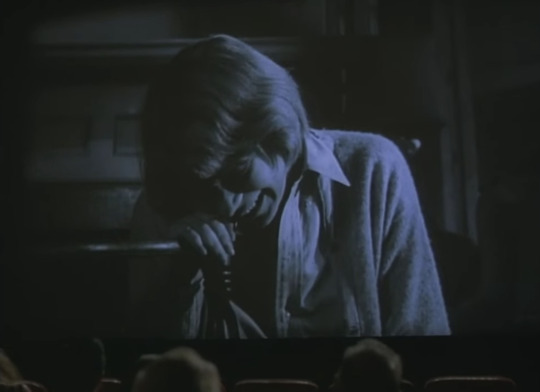

If These Walls Could Talk 2 (2004)
45 notes
·
View notes
Text










Duets (2000, Bruce Paltrow)
12/28/24
#Duets#Huey Lewis#Gwyneth Paltrow#Paul Giamatti#Andre Braugher#Lochlyn Munro#Marian Seldes#2000s#comedy#drama#karaoke#singing#music#musical#hyperlink#midlife crisis#road movie#road trip#father and daughter#competition#singers#nightlife
2 notes
·
View notes
Text
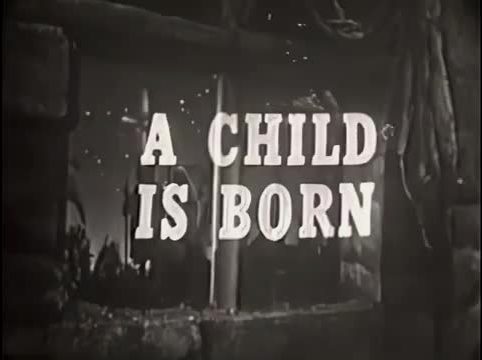

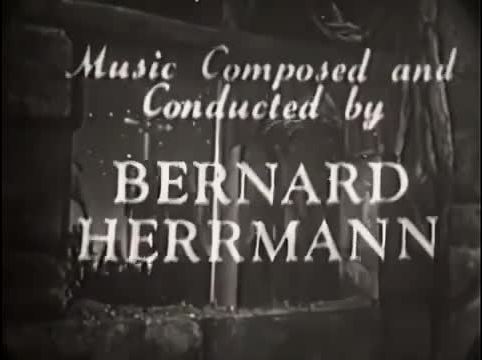

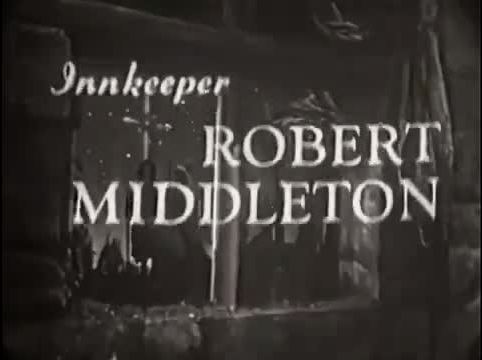
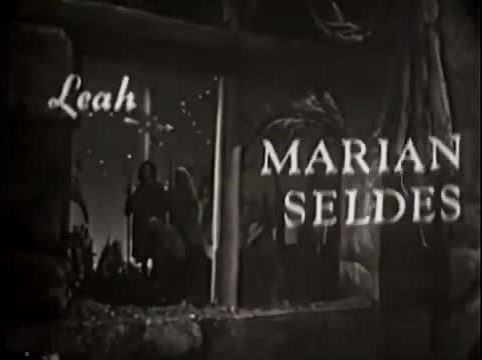
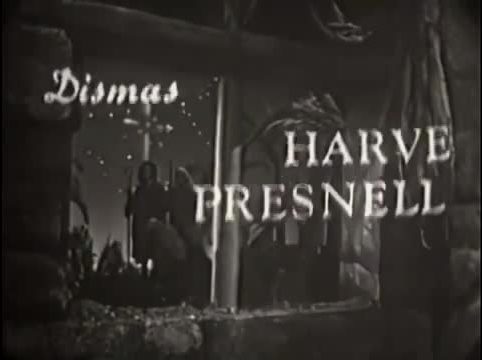

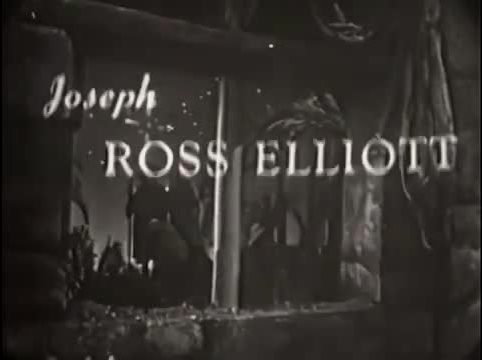
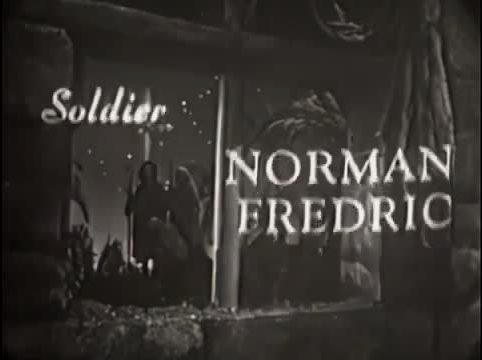

A Child is Born - CBS - December 25, 1955 and December 23, 1956
A presentation of "General Electric Theater"
Drama
Running Time: 30 minutes
Hosted by Ronald Reagan, Nancy Reagan and Patti Reagan
Stars:
Nadine Connor as Innkeeper's Wife
Robert Middleton as Innkeeper
Marian Seldes as Leah
Harve Presnell as Dismas
Nyra Monsour as Sarah
Ross Elliott as Joseph
Dean Fredericks as Soldier (as Norman Fredric)
The Roger Wagner Chorale
A retelling of the Nativity story from the point of view of the Innkeeper's wife, her husband and their servants.
#A Child is Born#TV#General Electric Theater#1955#1956#1950's#Drama#Nadine Connor#Robert Middleton#Marian Seldes#Harve Presnell#Nyra Monsour#Ross Elliott#The Roger Wagner Chorale#Dean Fredericks
3 notes
·
View notes
Text
Film after film: Town and Country (dir. Peter Chelsom, 2001)

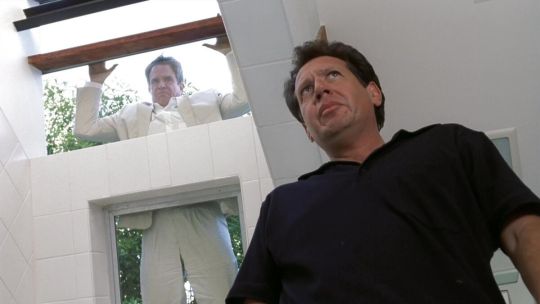
I don't get pleasure out of watching obviously bad films, and this one is a blatant example of this category. Some of them are interesting in a "How did this get made?" way (great podcast, speaking of which). I used to follow Keaton's filmography pretty closely, starting in the mid-1990s, when I would be consistently disappointed by her choices, among which the silly slapstick of Plan B (2002) seemed the most energetic. The latter followed this film, which, in turn, followed her saggy last directorial effort, Hanging Up (2001), based on Nora Efron's uninspired story. A few years before, she co-starred with Hawn, whose screen presence in the 1990s was more sporadic and increasingly uninteresting. I've never been a fan of Beatty, though his Reds (1981) remain a strangely appealing big epic drama, the genre I am hugely suspicious of and mostly very negative about. This film reminded me of his popular starrer Shampoo (1975), the Hal Ashby film that I always wanted to like but never could, despite a great cast of actresses, led by Julie Christie. Town & Country is way worse, built around transphobic, homophobic, and sexist wink-wink stale jokes, as well as around Beatty's protagonist, who is inexplicably adored, desired, and pursued by everybody. Costing over $100mln, this film should not be as forgotten as it seems to be, as it serves a pretty interesting demonstration of how blatantly tone-deaf and toxic the white privilege of its stars manifests itself.
#filmafterfilm#town & country#warren beatty#diane keaton#goldie hawn#garry shandling#andie macdowell#nastassja kinski#jenna elfman#charlton heston#josh hartnett#marian seldes#how did this get made
3 notes
·
View notes
Text
Podcast 3904
#podcast#positive#audio#trivia#free#daily#golden age#old time#radio#nostalgia#nostalgic#yesteryear#retro#vintage#no ai#no politics#celebrity#actor#actress#Marian Seldes
0 notes
Text
"Doubt and depression will always crop up, I think. It can't be helped--the cropping up. What can be helped is the response. Always remember that doubt and depression will recur, but they're spotty. Love is strong and always there. My doubts lead me to love, and then I'm fine. So know that as strong as depression and doubt may appear, love is stronger."--Marian Seldes
10 notes
·
View notes
Text
She exuded it. The way certain wonderful cats, or other animals, make you want to touch them, and be near them. She had that. It was partly her beauty; how people look has a great deal to do with how new people respond to them. But it was more than that - something inside saying ’I’m alive, I’m alive, I’m seething, I’m burning’ - that’s the word I’m looking for. ’I’m burning, if you come too close, you’ll get burned.’ She really had it.
Marian Seldes, from an interview, when asked to describe Anne Sexton
4 notes
·
View notes
Text

Follies Of God
"I have lived for a long time, and I have seen so many things and met so many people, and I have yet to see where cruelty is justified. There is simply no place for it, and I find it unforgivable. Honesty can heal and clarify and elevate, and we all must learn how to share it without pain, and there can not be a trace of cruelty in it. No one on the planet is alien to you, or should be. Everyone is a mirror of you, their lives a lesson. There can be no cruelty."--Marian Seldes/Interview with James Grissom/1997/Photograph of Marian as a student at The Neighborhood Playhouse in 1945/
15 notes
·
View notes
Text

"People are angriest at happy people. This has always been true, and this has always puzzled me. That lovely quote you gave me from Tennessee, about Eli [Wallach], which I was so happy to pass on to him. Tennessee was right:
Eli had learned the secret of pissing people off.
He was and is happy.
"I don't know that we can aim for happiness.
Happiness comes, like luck or love, according to the lives we lead, the people we are. To begrudge anyone their happiness or their luck guarantees that neither will visit you. Ever. If anyone in my life-known to me or not-is happy, then I'm happy.
"No one ever has or ever will dip into your share or stock of happiness. Only you can deplete it.
Don't do that"— Marian Seldes, 2008
Remember, you are loved and you are going to be fine.
2 notes
·
View notes
Text
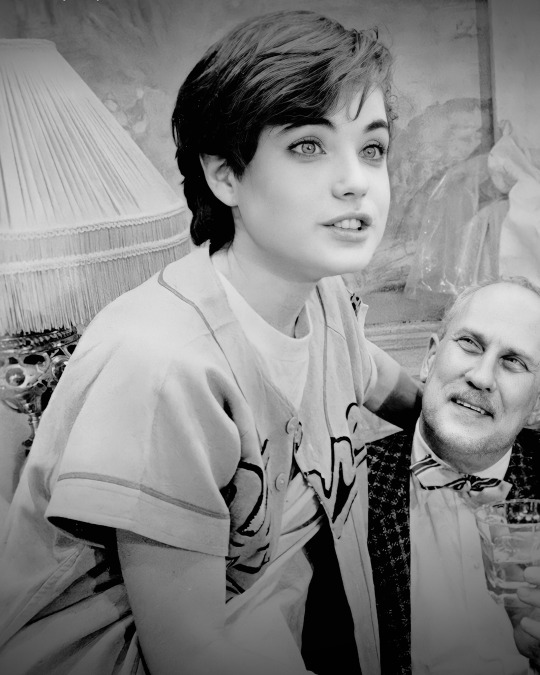
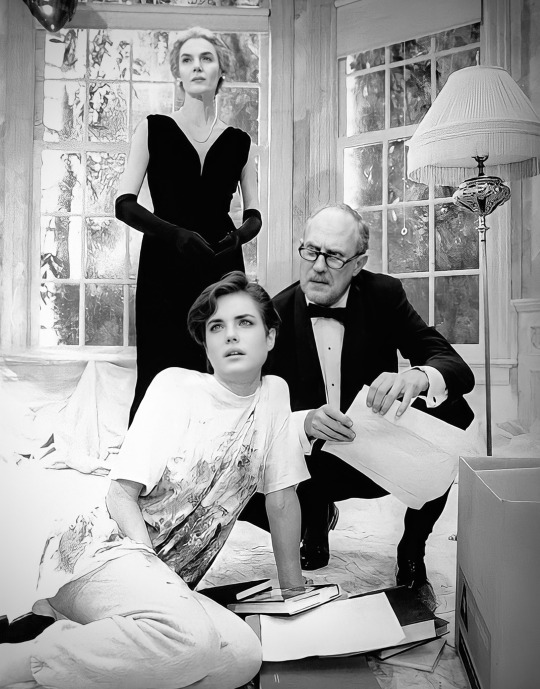
elizabeth mcgovern as margaret church (with george n. martin & marian seldes) in the off-broadway production of “painting churches” (1983) | 📸: martha swope
13 notes
·
View notes